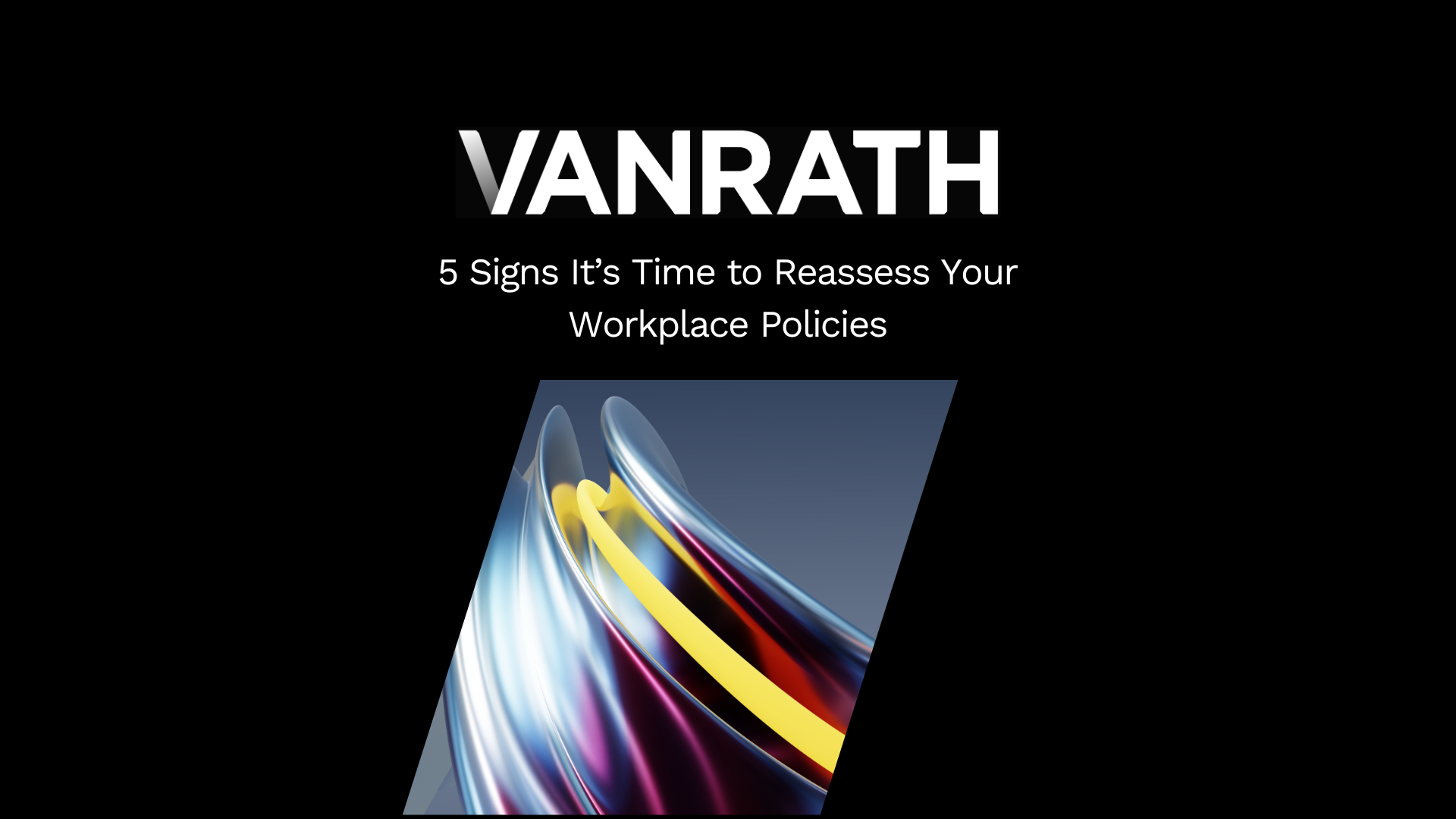Workplace policies are created with the best intentions, printed off, put in a handbook, and then largely forgotten about unless someone’s in trouble.
But the world of work is shifting fast – hybrid working, new tech, different attitudes – and if your policies haven’t kept pace, it might be time for a rethink.
So, how do you know when it’s time to give your internal rulebook a refresh? Here are five signs to watch out for:
1. You Keep Saying “We’ll Deal With That When It Comes Up”
If your team is navigating grey areas more often than not, that’s a red flag. Whether it’s questions around flexible working, social media use, or mental health support – if people are unsure what’s okay and what’s not, your policies might be too vague, outdated, or non-existent. Being reactive might work once or twice. Long-term? It’s a recipe for chaos.
2. Your Policies Were Written in a Different Era
If your documents still mention fax machines, business casual Fridays, or have a distinctly early 2000s energy, they probably aren’t cutting it anymore. Modern employees expect clarity around remote working, neurodiversity, wellbeing, parental leave, and digital boundaries. Language matters – your policies should reflect today’s values and workforce.
3. Your Managers Don’t Follow Them – Or Don’t Know Them
If your leadership team is interpreting policies in different ways, or worse – making it up as they go – that’s a problem. Inconsistency breeds resentment, confusion, and risk. Make sure all policies are understood, followed, and actually useful in practice.
4. You’ve Grown (or Shrunk) and Haven’t Adjusted
Scaling up from a team of 10 to 100? Downsizing? Going international? Big structural changes mean your policies need to change too. What worked when you were all in the same office definitely won’t fly across multiple time zones, locations, or cultures. The rules should evolve with the company.
5. People Are Quietly Unhappy (Or Loudly Leaving)
If employee feedback is muted, your engagement surveys are grim reading, or your top performers keep jumping ship, it’s worth asking: do our policies support people, or stifle them? Things like rigid absence rules, outdated benefits, or lack of inclusion guidelines can seriously hurt morale and retention.
So, What Now?
Reassessing policies doesn’t mean throwing out the rulebook and starting from scratch. But it does mean getting honest about what’s working and what isn’t. Start by asking your employees. What would make their lives easier? What feels outdated? What would help them feel more supported?
Workplace policies shouldn’t just sit in a file. They should shape a better working life – for you, and for your team.
